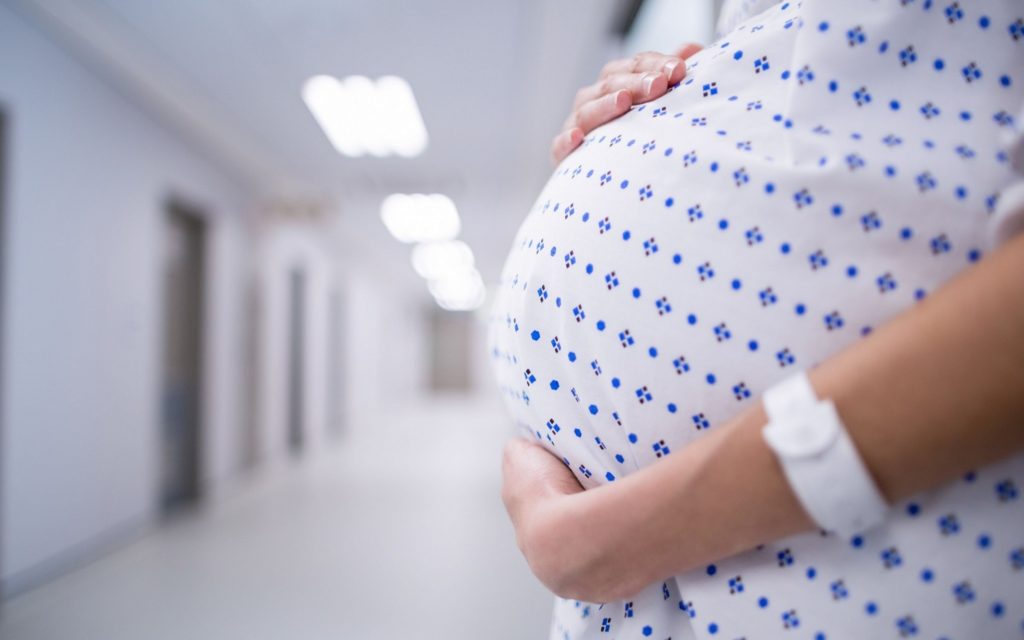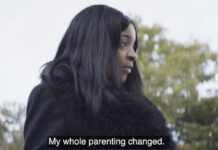Researchers, publishing in Toxicology Research, review the evidence that antidepressant exposure in the womb is linked to autism spectrum disorders (ASD) in humans. Each of the studies they examined determined that there was a correlation between the drug exposure and risk of autism diagnosis.
The research was led by Xu Wang and Zonghui Yuan at the National Reference Laboratory of Veterinary Drug Residues andthe MAO Key Laboratory for Detection of Veterinary Drug Residues in China.
According to the researchers, up to 13.3% of women continue taking antidepressants during pregnancy. They write that “Many antidepressant treatments cross the placenta and are secreted in breast milk, and as a result raise anxiety regarding severe effects on fetal and infant exposure.”
 A review of the evidence in 2016 on Mad in America found 90 studies that showed adverse outcomes after in utero exposure—a number that has only increased in the two-and-a-half years since then. Studies found increased risk for the newborn, including risk of psychiatric disorders, ASD; birth defects; preterm birth; abnormal brain development; and even spontaneous abortion.
A review of the evidence in 2016 on Mad in America found 90 studies that showed adverse outcomes after in utero exposure—a number that has only increased in the two-and-a-half years since then. Studies found increased risk for the newborn, including risk of psychiatric disorders, ASD; birth defects; preterm birth; abnormal brain development; and even spontaneous abortion.
The researchers identified twelve previous studies that assessed whether exposure to antidepressants (of various types) during pregnancy was linked to ASD: all twelve studies found that it was (see table 1).
 The researchers write, “In utero exposure to [antidepressants] contributed significantly towards the dramatic increase in the observed prevalence of autism spectrum disorders.”
The researchers write, “In utero exposure to [antidepressants] contributed significantly towards the dramatic increase in the observed prevalence of autism spectrum disorders.”
The researchers identified several pathways by which the 5-HT (serotonin) system is perturbed by the presence of antidepressant drugs, and which affects brain function in adults and brain development in the fetus.
Wang and Yuan supplement this evidence with extensive documentation from animal studies, which have consistently found that antidepressant exposure in utero is associated with autism-like behaviors in animals (changes in social and exploratory behaviors). Mad in America recently reviewed one of these studies, which continue to provide more thorough data on the dangers of antidepressant drug exposure in the womb.
****
Fatima, Z., Zahra, A., Ghouse, M., Wang, X., & Yuan, Z. (2018). Maternal SSRIs experience and risk of ASD in offspring: A review. Toxicology Research, 7, 1020-1028.doi: 10.1039/c8tx00102b














The “mental health” workers must be thrilled! They can create “mentally ill” babies, just by drugging all the mommies. And, of course today, a woman can not walk into a hospital for any reason without a doctor, in depthly and with prescription pad in hand, asking “Are you depressed?” But the ability to create “mentally ill” babies, merely by drugging all the women, will be fabulous for business for the “mental health” workers.
End the modern day psychiatric holocaust!
Report comment
Please read Edith Sheffer’s book “Asperger’s Children: The Origins of Autism in Nazi Vienna” to learn the truth about so-called “Autism.”
https://psychiatricsurvivors.wordpress.com/2018/09/02/the-myth-of-autism/
Report comment
Also the article published here about how the latest scientific research shows no difference between the “schizophrenic” brain or the “autistic” compared to the normal.
Report comment
I looked up the contra-indications for a typical SSRI, at a national pharmacy website here in Western Europe, for pregnant mothers on an SSRI. It only mentions the newborn can suffer withdrawal symptoms, like crying a lot. It advises to continue the SSRI (it’s a risk-benefit scenario). Wonder if they will mention possible lasting brain damage to the child in the future?
Report comment
Whether or not you see “autism” as legitimate, or any of these other behavior problems, the very fact that these drugs can affect the development of a child is extremely scary.
The field of psychiatry and other specialists who advise pregnant and nursing mothers needs to WAKE UP for sure.
My friend was taking anti-d drugs while pregnant. I do not know if she breast-fed the child. If she ever put two and two together and realized that the drugs had damaged her child, I doubt she ever wanted to face up to it. That would be the hardest thing to admit to oneself.
Report comment
If cigarettes, cold medicine, and nutrasweet can cause birth defects it’s a safe bet that psych drugs do.
My own theory on the “autism” epidemic is too much screen time too early in life. And “diagnosing” is extremely profitable. I believe they’re drugging the “aspies” now from commercials/news clips I have seen. (Is there a difference?)
Report comment
By the way, Peter Simons, your articles here are totally awesome. Your ability to see through the medical literature (and its lies) is astounding.
We need to attack these fraudulent industries, such as psychiatry and its ilk, with every weapon we have. We need mathematicians to analyze their so-called studies. We need scientific experts in electricity to see through the claims about ECT. The article here (can’t find link right away) which was published recently about the high levels of electrical current used in ECT (no, it’s not therapy!) is so amazing. We need sociologists, also, to see through their lies. We need financial people of all sorts, who show their deep concern over pharmaceutical fraud.
We need artists, writers, journalists, musicians, and dancers to tell the truth to the world.
We have so many weapons to use to fight this. We must unite. We must stop fighting against each other, which is more fuel for THEM, and instead, embrace our differences.
Report comment